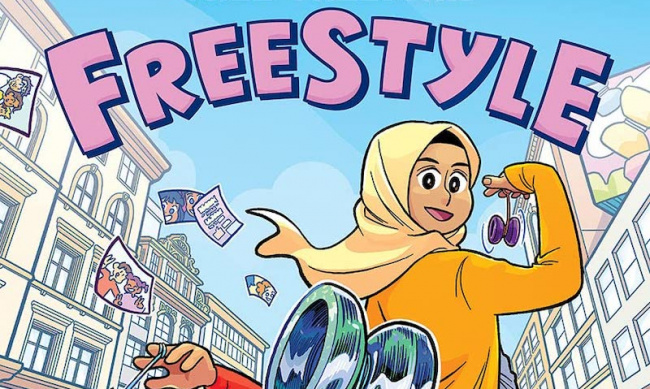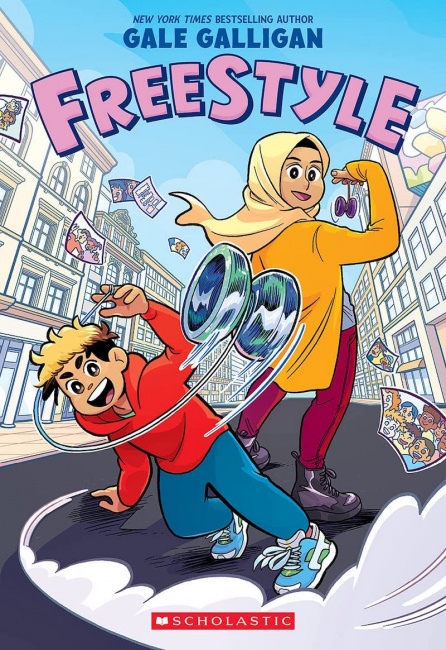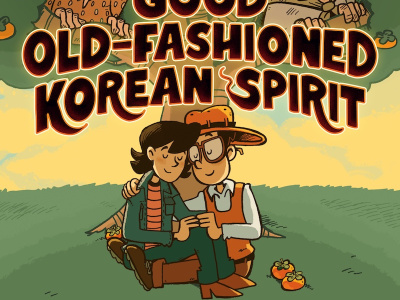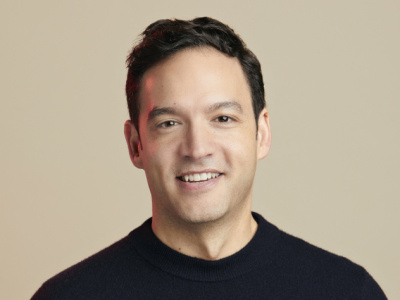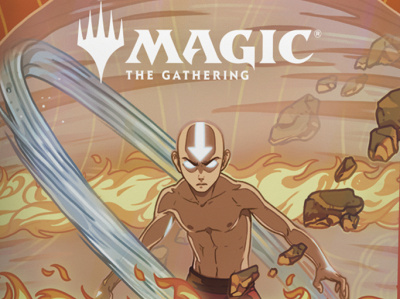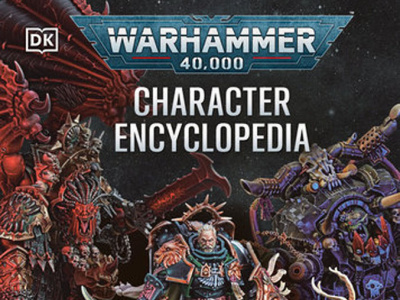Update: Scholastic has made a statement on its website stating,
The Share Every Story, Celebrate Every Voice collection will not be offered with our next season in January. As we reconsider how to make our Book Fairs available to all kids, we will keep in mind the needs of our educators facing local content restrictions and the children we serve.
It is unsettling that the current divisive landscape in the U.S. is creating an environment that could deny any child access to books, or that teachers could be penalized for creating access to all stories for their students.
Witch Boy creator Molly Knox Ostertag (who openly criticized the new policy) Tweeted a letter from Berger, as did a number of other artists and writers, including many who are published by Scholastic.
In the letter, which was addressed to Scholastic authors and illustrators, Berger wrote,
First, I want to apologize on behalf of Scholastic. Even if the decision was made with good intention, we understand now that it was a mistake to segregate diverse books in an elective case. We sincerely apologize to every author, illustrator, licensor, educator, librarian, parent, and reader who was hurt by our action. We recognize and acknowledge the pain caused, and that we have broken the trust of some of our publishing community, customers, friends, trusted partners, and staff, and we also recognize that we will now need to regain that trust.
She said that the separate case will be discontinued in January, when the next book fair season begins. In the meantime, she said, Scholastic is working on a “pivot plan,” adding, “We will find an alternate way to get a greater range of books into the hands of children. We remain committed to the books in this collection and support their sale throughout our distribution channels.”
Berger concluded by reiterating the company’s commitment to BIPOC and LGBTQIA+ creators and stories and basic freedoms for all people, as well as its opposition to discrimination, and pledged to increase its efforts to fight laws that restrict access to books.
Scholastic initially chose to put a variety of books about LGBTQ+ people and people of color in a separate case that schools could opt to add to the regular book fair collection. The practice drew criticism from free speech advocates and Scholastic’s own authors and artists, many of whom signed an open letter asking them to reverse the policy (see “CBLDF’s Jeff Trexler on Scholastic Book Fairs’ New Policy”).



